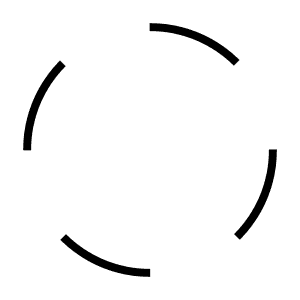Deluxe version of the album now available to pre-order including bonus tracks and remixes from: https://pomeraniansnout.bandcamp.com
“Nostalgia (from nostos – return home, and algia – longing) is a longing for a home that no longer exists or has never existed. Nostalgia is a sentiment of loss and displacement, but it is also a romance with one’s own fantasy. Nostalgic love can only survive in a long-distance relationship. A cinematic image of nostalgia is a double exposure, or a superimposition of two images – of home and abroad, past and present, dream and everyday life. The moment we try to force it into a single image, it breaks the frame or burns the surface.”
- Svetlana Boym, “The Future of Nostalgia”
“I’m not deliberately out to antagonise an audience or spite them or anything like that, but if they adopt the attitude of ‘This isn’t what we expected’, then yippee, I’m gonna wallow in that, because you shouldn’t sit back and expect anything at all.”
- John Lydon, “Anger is an Energy”
Spring time. Three period instruments from the turn of the century: Yamaha CS1X, Korg MonoSynth 2000, MicroKorg Synth Vocoder. Fingers fumble, sounds happen - obnoxious, unapologetic, fragile like a wobbly cassette that you’ve listened to a million times on the Walkman you dropped before you could afford a Discman. I’m not playing the instruments, they are playing themselves, they are playing me and there is no forcing or fighting them. Faded-photograph sunshine sounds of ’90s electronica, caramelised sweetened condensed milk, the beach, rage, DIY chamber music for cats. Then, it stops: the end of nostalgia and the end of the world as you know it. We are getting old and the sounds have lost their innocence.
Thank you to Ed (Teddy) Bennett, Michael Keeney and Hannah Peel for the synth love.
--
Xenia Pestova Bennett - composition / performance / recording / mixing
--
Ed Bennett, production / creative & artistic concept
Antony Ryan (RedRedPaw), mastering
Oliver Barrett, cover design from a photo by Xenia Pestova Bennett


















